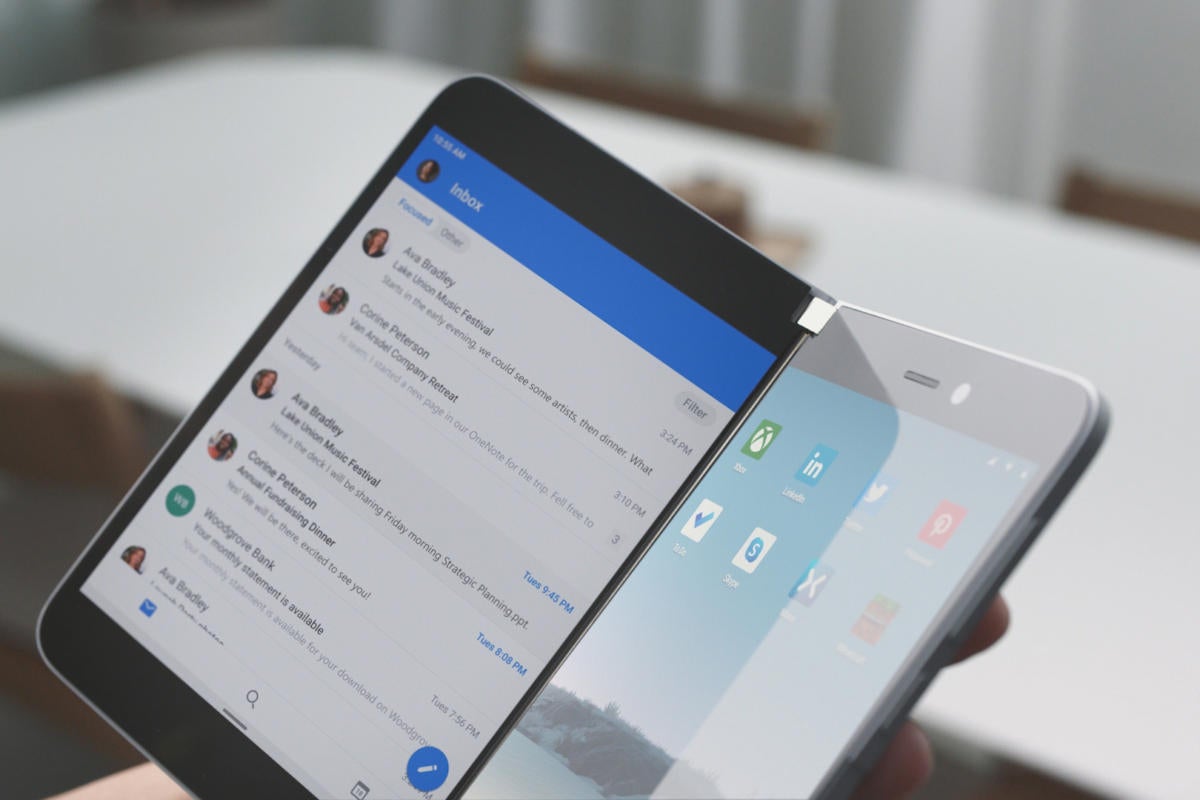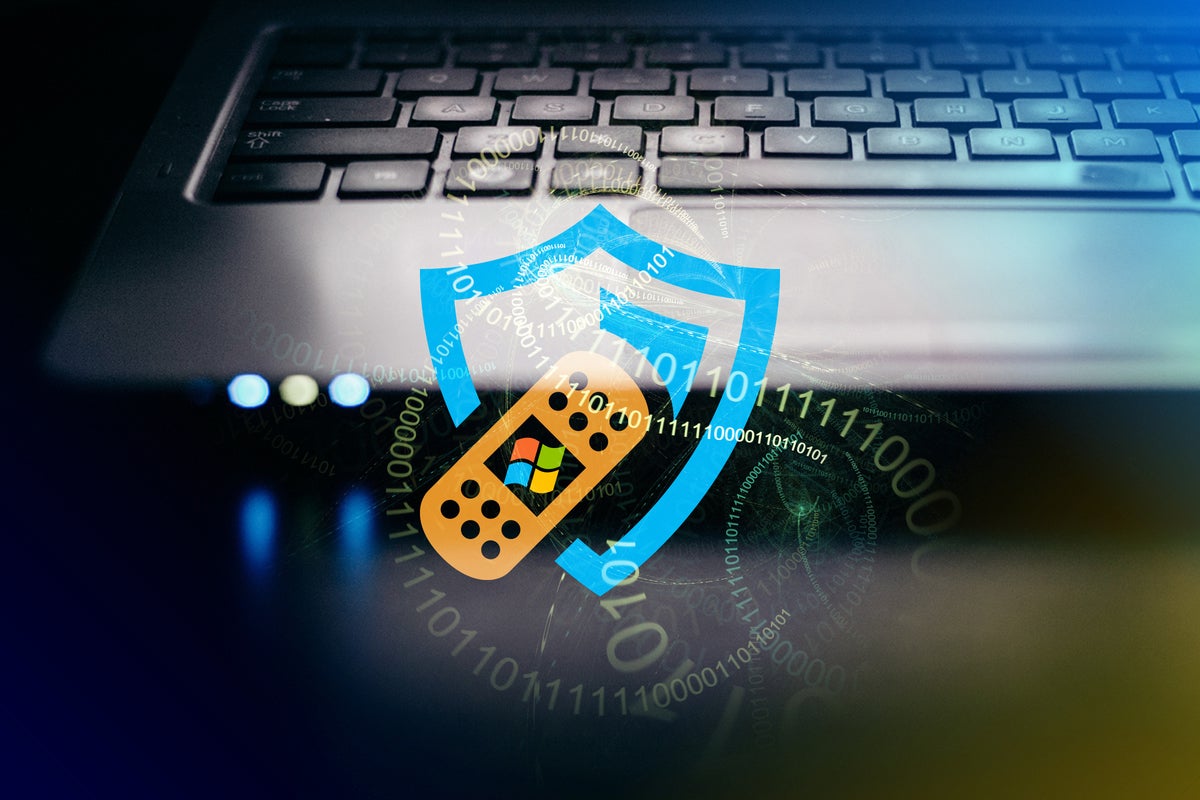Many security professionals have long held that the words “mobile security” are an oxymoron. True or not, with today’s mobile usage soaring in enterprises, that viewpoint may become irrelevant. It’s a reasonable estimate that 2020 knowledge workers use mobile devices to either supplement or handle much of their work 98% of the time. Laptops still have a role (OK, if you want to get literal, I suppose a laptop can be considered mobile), but that’s only because of their larger screens and keyboards. I’d give mobile players maybe three more years before that becomes moot.
That means that security on mobile needs to become a top priority. To date, that usually has been addressed with enterprise-grade mobile VPNs, antivirus and more secure communication methods (such as Signal). But in the latest Verizon Data Breach Investigations Report — always a worthwhile read — Verizon eloquently argues that aside from wireless, the form factor of mobile in and of itself poses security risks.
To read this article in full, please click here






